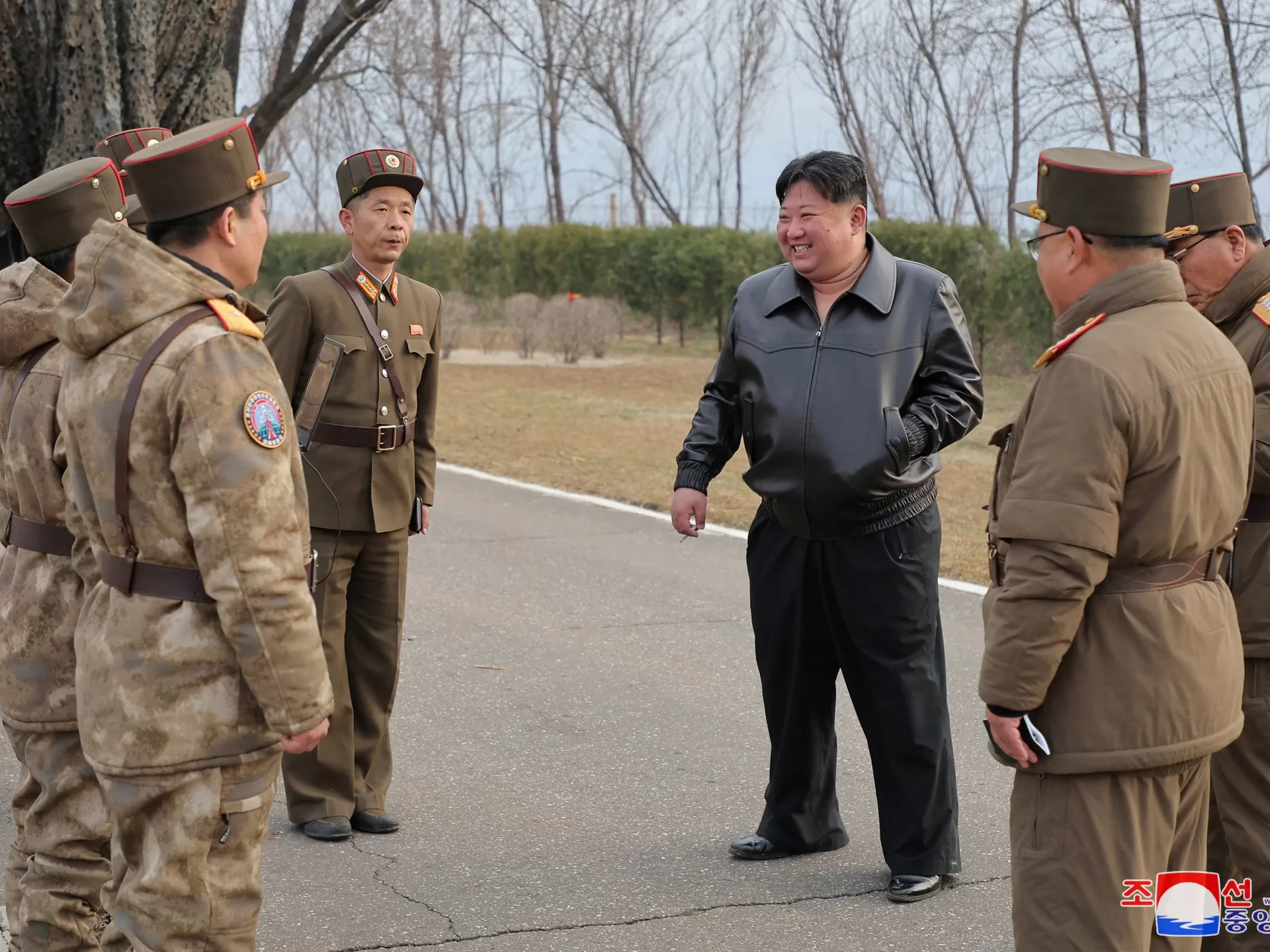Washington looking for alternatives after Russia effectively halted UN monitoring mission.
The US ambassador to the United Nations said on Wednesday that Washington is looking at options within and outside the UN. Russia last month vetoed a UN Security Council resolution to renew the UN panel that has been overseeing Pyongyang’s compliance with international sanctions.
The US is looking to engage with allies South Korea, Japan and other “like-minded” countries on alternatives, Linda Thomas-Greenfield told reporters.
“The point here is that we cannot allow the work that the panel of experts were doing to lapse,” she declared.
Moscow’s veto effectively abolished the regime, which was established to monitor North Korea’s compliance with UN sanctions imposed over its nuclear weapons and ballistic missile programmes nearly 20 years ago.
The Russian move follows accusations from the US, South Korea and others that Pyongyang is supplying Moscow with weapons to use in its war in Ukraine.
Thomas-Greenfield provided no details about the discussions. In particular, whether the alternative monitoring regime might more likely be established through the UN General Assembly or entirely outside the UN.
She claimed it is clear that Russia and China, which abstained from voting on the UN resolution that was vetoed by Moscow, will continue to try to block international efforts to maintain monitoring of UN sanctions against North Korea.
“I don’t expect that they will cooperate or agree with any efforts that we make to find another path, but that is not going to stop us from finding that path moving forward,” Thomas-Greenfield said.
The UNSC imposed sanctions after North Korea’s first nuclear test explosion in 2006 and tightened them over the years in a total of 10 resolutions seeking – so far unsuccessfully – to cut funds and curb its nuclear and missile programmes.
The last sanctions resolution was adopted by the council in December 2017.
The UNSC established a committee to monitor sanctions, and the mandate for its panel of experts to investigate violations had been renewed for 14 years until last month.
North Korean leader Kim Jong Un has recently overseen an accelerated programme of missile testing and ordered heightened readiness for war.
